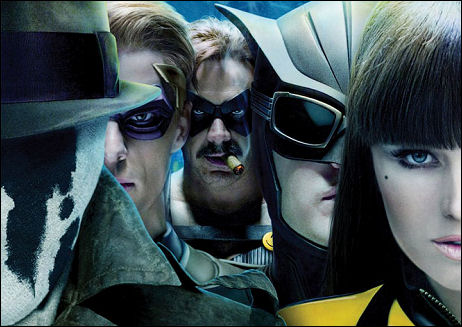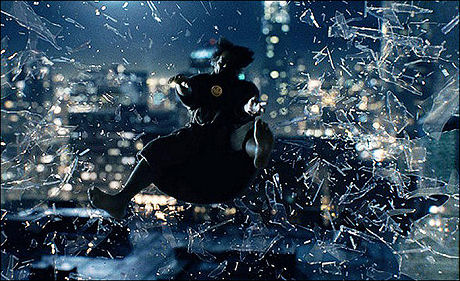In a disconnect-from-reality interview that will live in the annals of psychedelia, French Connection director William Friedkin has waved off cinematographer Owen Roizman‘s very sharp disparaging of the recently-released French Connection Blu-ray, which Friedkin supervised. The result was an abomination that made this classic 1971 cop drama look (and this is me talking) bleachy, blotchy, ultra-grainy and, by any visual standard, degraded. And Friedkin, not unexpectedly, thinks it’s just peachy.
In an online audio interview last week with Back By Midnight‘s Aaron Aradillas , Roizman called the transfer “atrocious” and “horrifying.” Freidkin, talking with Aradillas last night, said that Roizman “happens to be wrong” and called the French Connection Blu-ray “by far the best print that’s ever been made for that picture. You’re hearing this from the director. Not a frame has been changed, but the process is deeper and richer than anything that’s come before….[it’s been made] as good as we could make it look using the new home technology.”
Whuh-whuh-whuh…what?
If your definition of “best” means the closest restoration of the original theatrical print that was approved in ’71 by Friedkin and Roizman and seen by first-run audiences, then Friedkin, no offense, is completely full of shit. If your definition of “best” means a sharper, cleaner, less scratchy, and more visually vivid DVD or Blu-ray of an older film, then Friedkin, no offense, is completely full of shit. If your definition of “best” means re-imagined, revised and altered in a nearly monochromed and sand-stormed way according to a whim in Friedkin’s head, then Friedkin is totally correct.
Aradillas, of course, let Friedkin get away with this. He took forever to raise the subject of the French Connection Blu-ray in their interview, and when the subject came up and Friedkin callled it “deeper and richer than anything that’s come before,” Aradillas didn’t challenge him a bit. He wussed out.
When Friedkin asked Aradillas what he thought of the French Connection Blu-ray, Aradillas manned-up and said it was “pretty impressive…pretty impressive.” What does that mean? I’ll tell you what it means. It means Aradillas wants Friedkin to come back on the show.
At one point Friedkin compared the French Connection Blu-ray scorn to the boos of the folky faithful who tore into Bob Dylan for going electric at the 1965 Newport Folk Festival. Nice try, Billy.
Some Came Running‘s Glenn Kenny came on the show after Friedkin and he, too, tap-danced around the elephant in the room, which is that the French Connection Blu-ray is an unmistakable desecration. That’s my view anyway, and the view of many Blu-ray fans out there. The vast majority, I suspect.





